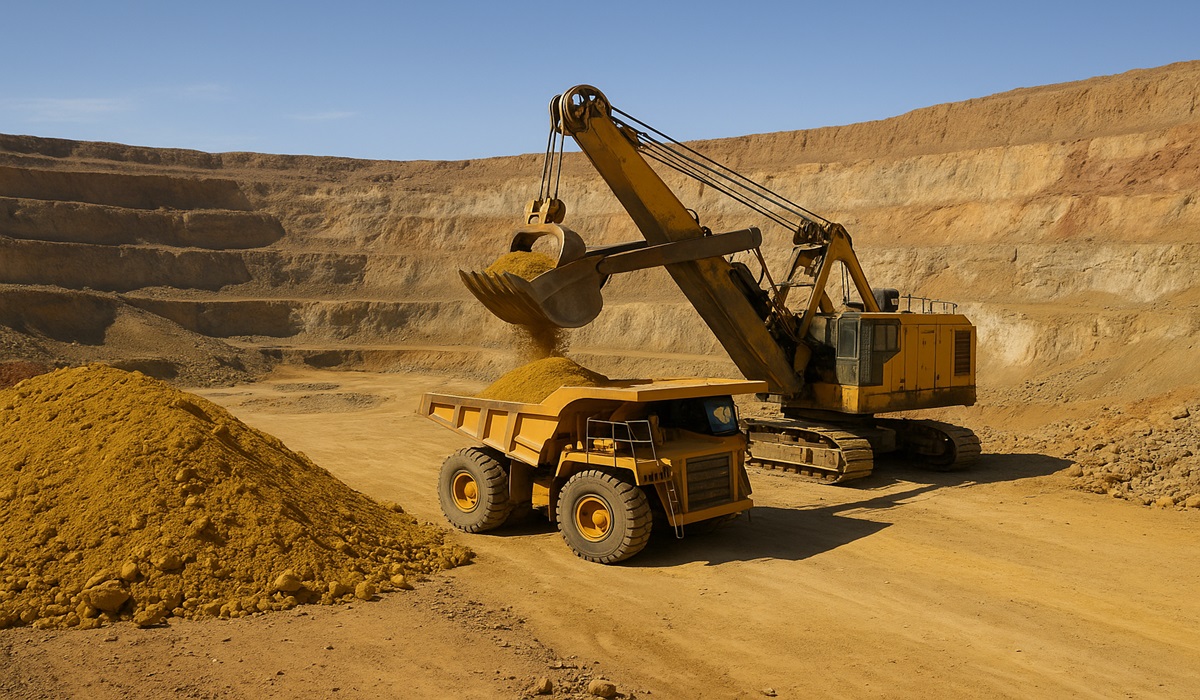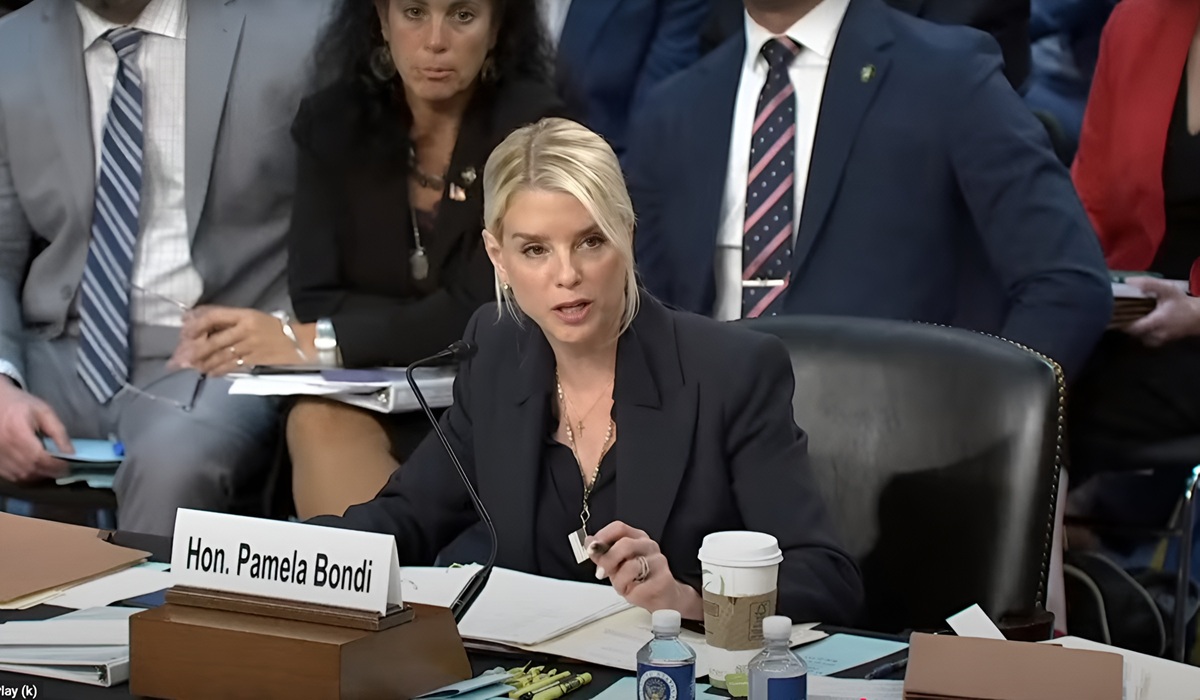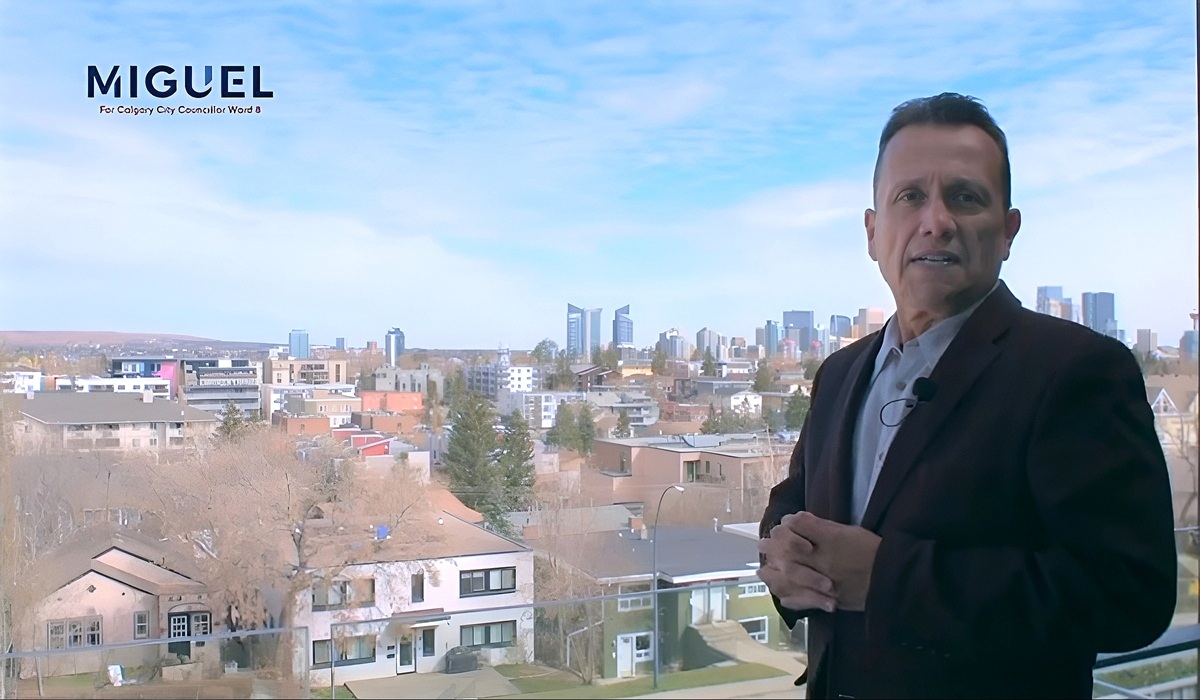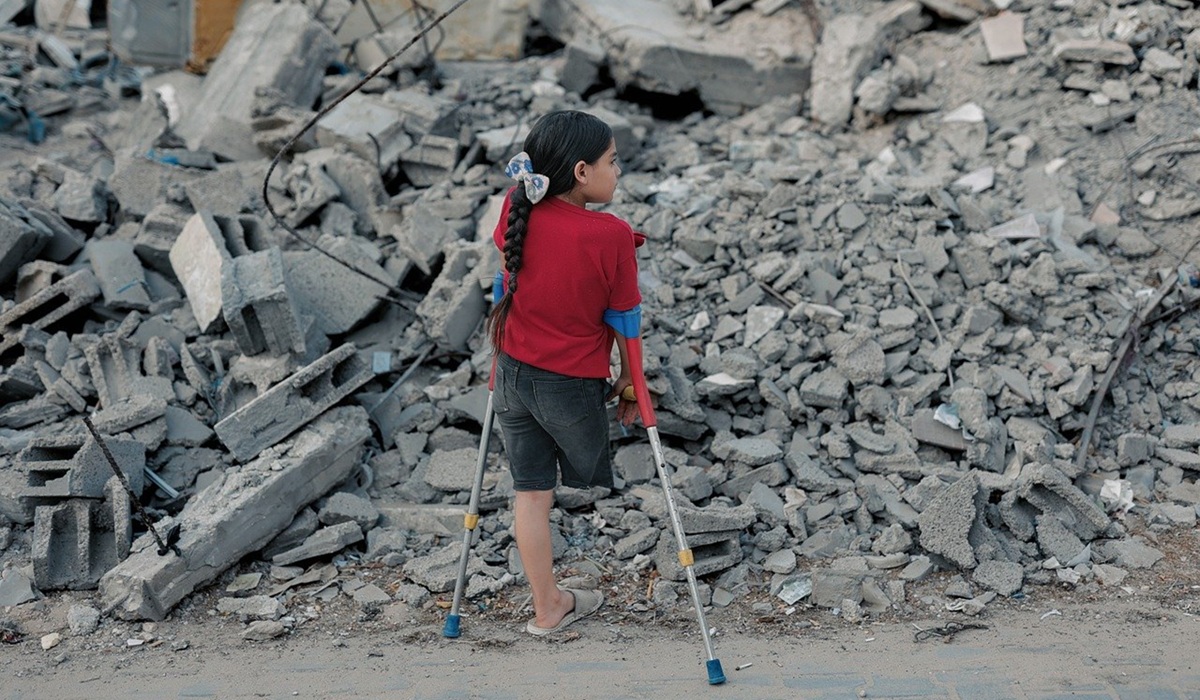Niger Tells France “Non”: Nuclear License Denied, Uranium Liberation Begins
- Ingrid Jones
- Africa
- Trending News
- May 20, 2025

In a watershed moment that encapsulates Africa’s growing reckoning with its colonial past, Niger has officially declined to renew the uranium mining license of French nuclear giant Orano. This decision, announced by the Nigerien government, marks a seismic shift in the power dynamics between France and its former colonies—particularly in how African resources have been extracted, undervalued, and shipped abroad for Western profit while local populations remain in poverty.
Niger is the world’s seventh-largest uranium producer. Its uranium has fueled France’s electricity grid for decades, lighting the homes of Paris and Lyon while many in Niamey, the capital of Niger, remain in the dark. France’s dependence on Niger’s uranium has been clear, but so has its exploitation. Until the military-led ousting of Niger’s former president—widely viewed as a puppet of the Élysée Palace—France, through Orano, was operating virtually unchallenged.
Orano’s operations, as revealed by Niger’s transitional government, were not just extractive—they were parasitic. The Nigerien state was receiving approximately $1 billion annually in compensation while France and Orano were flipping that uranium for resale at nearly 300% markups, raking in profits as high as $300 billion. Local workers, meanwhile, were paid meager wages, and Orano allegedly failed to uphold its tax obligations. This is not trade. It is extortion with a license, and Niger has finally torn it up.
Since the July 2023 coup, which saw President Mohamed Bazoum deposed by a military junta led by General Abdourahamane Tiani, the new government has taken bold steps to reassert sovereignty over its natural resources. France responded with a flurry of condemnations, sanctions, and diplomatic pressure campaigns, but the Nigerien leadership has been unfazed. In fact, they’ve been emboldened.
President Tiani’s administration has painted France’s exit not as a crisis, but as a correction. “We are no longer beholden to a colonial arrangement dressed up as diplomacy,” one official stated. “This is not partnership. This is daylight robbery.”
The message could not be clearer: Niger, like Burkina Faso and Mali, is stepping out of France’s long shadow. In these countries, citizens are no longer buying into the idea that the West’s dominance is inevitable or necessary. They’re looking east and south—to BRICS nations, to Russia, to China, and to the wider Global South—for partnerships built not on dependency, but mutual interest.
Orano’s license denial is more than a regulatory decision—it’s a declaration of economic independence. For decades, France used its military presence and political influence in the Sahel to maintain control over the uranium supply that powers its nuclear plants. But Niger’s refusal to renew Orano’s contract is a sign that France’s carte blanche is expired.
Now, France and its allies are scrambling to spin this as a destabilizing move by a rogue junta. Western media have launched a relentless PR campaign, warning of Niger’s so-called “descent into chaos” and echoing age-old colonial talking points about African nations being incapable of managing their own affairs. It’s nothing new—just repackaged paternalism. But the world is waking up, and Africans are not buying it.
In reality, the numbers speak volumes. If Niger truly stands to gain $300 billion in revenue by controlling and properly pricing its own uranium, then denying Orano’s license was not just fair—it was urgent. No French company would ever allow a foreign nation to mine its resources for a pittance and then resell it at astronomical profit margins. Why should Niger?
The old formula of neocolonial economics—military protection in exchange for unbridled access to resources—is collapsing. France needs Africa’s uranium, Africa’s oil, Africa’s rare earth minerals—not the other way around. For too long, France stored the reserves of former colonies like Niger, Senegal, and Côte d’Ivoire in its own treasury under the CFA franc system. This parasitic currency arrangement ensured that the wealth generated in Africa would remain under French control.
The Nigerien government has rightly asked: who does that benefit? Certainly not the average Nigerien citizen. It is no surprise that since rejecting French oversight, Niger and its allies in the Sahel Alliance have ramped up calls to ditch the CFA franc and replace it with locally governed currencies.
Burkina Faso’s President Ibrahim Traoré recently stated, “We don’t need France. We have BRICS, we have Russia, we have China. We have countries that want to trade—not colonize.” That sentiment is spreading like wildfire across the continent. In every public square, every university, and every rural village, the question is being asked: If Africa has the resources, why doesn’t it have the wealth?
The answer has long been clear—because the rules were written to ensure it wouldn’t.
But that era may be drawing to a close. France, like other imperial powers, is being forced to reckon with a world in which Africa no longer plays the role of resource depot for European prosperity. The extractive model is failing, and African nations are rewriting the script.
Niger’s rejection of Orano’s license is a warning shot across the bow of Western economic dominance. It signals not chaos, but clarity—a bold assertion that the age of exploitation is over. France may not like it. NATO may frown. The IMF may shudder. But none of that will stop the tectonic shift that is already underway.
Africa has woken up. And this time, it’s not asking for permission.







